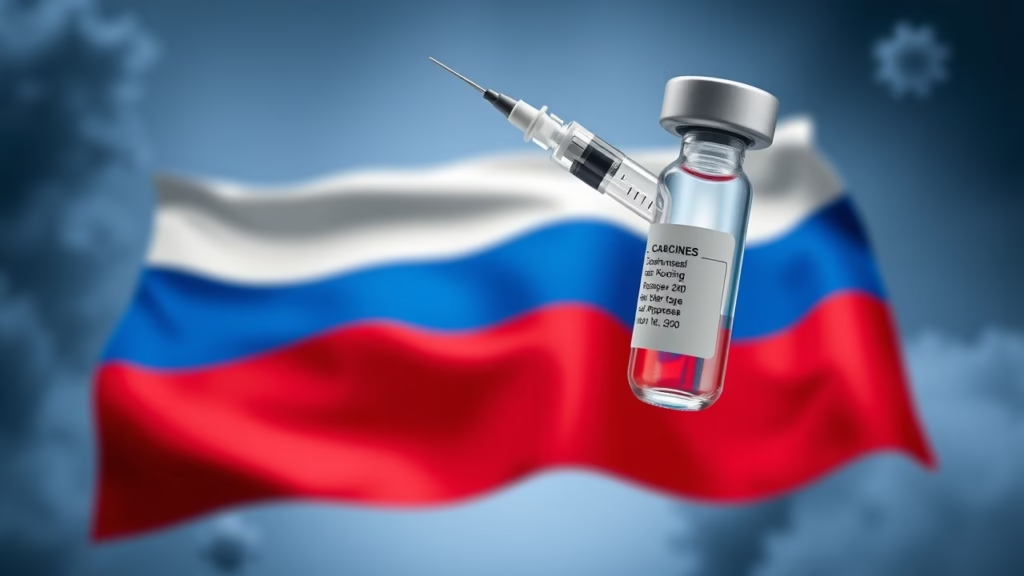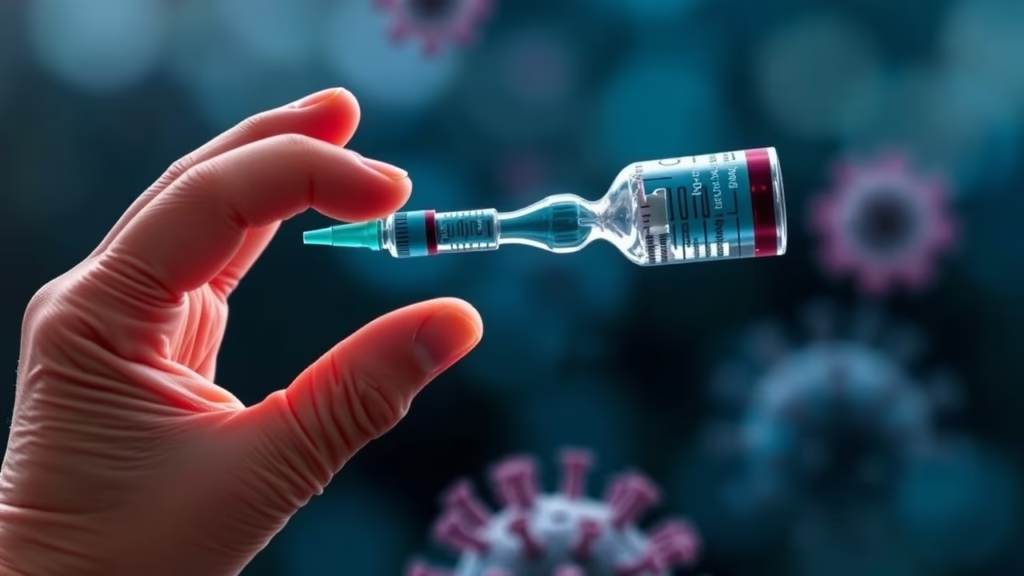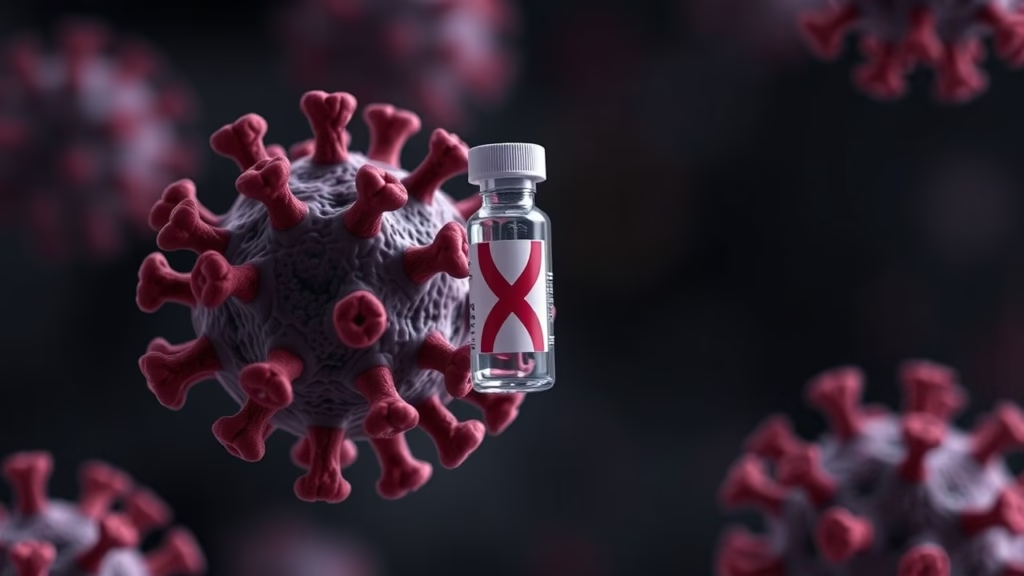Russia’s Cancer Vaccine: A Promising Leap or a Controversial Claim?
In a groundbreaking announcement that has captured global attention, Russia declared the development of a cancer vaccine that will be made freely available to its citizens. The report, first published by Globe Eye News, has created a wave of excitement, intrigue, and skepticism across social and scientific communities. The announcement, which promises a monumental shift in global healthcare, raises a plethora of questions about the scientific research behind the vaccine, its efficacy, and the feasibility of such an ambitious project.
With over 10 million views online, the claim has sparked debates worldwide, with experts, netizens, and policymakers dissecting the announcement. This article delves into the details of the vaccine development, the response it has generated, and the challenges that lie ahead.
The Cancer Vaccine Announcement
Russia’s announcement marks a significant moment in the history of cancer research. According to the initial report, the vaccine was developed by a team of Russian scientists and medical experts after years of research. It is reportedly designed to target a broad spectrum of this disease, aiming to prevent the disease’s onset or recurrence. The vaccine will be distributed free of charge to all Russian citizens as part of the country’s commitment to advancing public health.
Russian health officials have lauded the vaccine as a game-changer, describing it as a preventive and therapeutic tool that could significantly reduce cancer mortality rates. Early reports suggest the vaccine leverages cutting-edge technology, such as personalized medicine and immunotherapy, to strengthen the body’s immune response against cancer cells.
However, the announcement has been accompanied by little publicly available data, leaving much of the global scientific community in the dark about the specifics of the vaccine’s development and clinical trials.
The Science Behind Cancer Vaccines
They are two types:
- Preventive Vaccines: These vaccines target viruses that cause this disease, such as the HPV vaccine, which prevents cervical cancer.
- Therapeutic Vaccines: These vaccines aim to treat existing cancers by enhancing the immune system’s ability to recognize and destroy cancer cells.
Russia’s vaccine appears to belong to the therapeutic category, potentially harnessing advancements in immunotherapy. Technologies such as mRNA (popularized by COVID-19 vaccines) and tumor-specific antigens may play a role in its design. Despite the promise of these technologies, developing this vaccine is an extraordinarily complex and lengthy process. Cancer is not a single disease but a group of diseases with diverse genetic and biological characteristics, making it difficult to create a one-size-fits-all solution.
Public Reaction and Skepticism
The announcement has ignited a wave of reactions online, ranging from optimism to outright skepticism. The fact that the report has garnered over 10 million views underscores the public’s immense interest in breakthroughs that address cancer, one of the leading causes of death worldwide.
Supportive Voices
- Many people, particularly in Russia, have expressed hope that this development could lead to a significant reduction in cancer cases and deaths. Some view the announcement as a testament to the country’s scientific prowess and a positive step toward accessible healthcare for all.
Skeptical Responses
- Critics have raised concerns about the lack of detailed information. The absence of peer-reviewed research, transparent clinical trial data, and regulatory approvals has left many questioning the vaccine’s validity.
- Experts in the field of oncology have emphasized that claims of a universal cancer vaccine are extraordinary and require robust evidence to be credible.
- Comparisons have been drawn to previous Russian announcements, such as the early release of the Sputnik V COVID-19 vaccine, which faced similar scrutiny before proving its efficacy in subsequent studies.
Challenges in Cancer Vaccine Development
The skepticism surrounding the Russian cancer vaccine is rooted in the inherent difficulties of developing such a solution. Key challenges include:
- Diversity of Cancer Types: Unlike infectious diseases caused by a single pathogen, it encompasses over 100 distinct types, each with unique causes and behaviors. Developing a vaccine that addresses this diversity is an enormous scientific challenge.
- Immune Evasion: Cancer cells often find ways to evade detection by the immune system, making it difficult to design vaccines that effectively target them.
- Clinical Trials: Demonstrating the safety and efficacy of a this vaccine requires extensive preclinical and clinical trials involving thousands of participants over many years. The timeline for such trials can span decades.
- Global Collaboration: Major scientific breakthroughs often result from international collaboration. The unilateral nature of this announcement raises questions about the level of collaboration and scrutiny involved in the vaccine’s development.

Implications for Public Health
If the Russian cancer vaccine is indeed effective, it could revolutionize healthcare worldwide. It remains a leading cause of death, with over 19 million new cases and nearly 10 million deaths reported globally in 2020. A vaccine capable of preventing or treating cancer could:
- Reduce Healthcare Costs: Treating cancer is expensive, often involving prolonged treatments like chemotherapy, radiation, and surgery. A vaccine could alleviate the financial burden on healthcare systems and patients.
- Improve Quality of Life: Early prevention or treatment through vaccination could spare patients the physical and emotional toll of conventional therapies.
- Set a Precedent: Success in this domain could pave the way for further innovations in vaccine-based treatments for other complex diseases.
 Stay tuned for more news…
Stay tuned for more news…